VA Preparing to Enable Access to COVID-19 Vaccine
Efforts currently underway to improve rural health care and treatment access will help support future efforts to end the pandemic.

The VA is using its ongoing health care modernization to improve care during COVID-19 as well as set the stage for assisting vaccine availability that will help close the pandemic.
Speaking at NextGov’s Modern Heartbeat: Civilian and Military Health for the Present Day summit, Deputy Under Secretary for Health at the VA Office of Discovery, Education and Affiliate Networks (DEAN) Dr. Carolyn Clancy described how the agency has continued to modernize and expand access to care during the public health crisis.
“Like every health care system in the country during this pandemic, VA has been figuring out how to connect with patients when we don’t want them to come in physically,” Clancy noted.
This endeavor has included restructuring VA services and broader care networks to provide support for veterans who might be particularly isolated during periods of quarantine and unable to obtain particular necessities.
“Many hospitals have contracts with Uber or Lyft. To help veterans who need transportation … some of our folks were very quick to realize that some of our veterans live alone and had no way to go get food or other necessities. So they actually were able to modify those contracts,” Clancy said.
Clancy outlined that the VA is currently undergoing a twofold process of continuing to respond to COVID-19 while determining how care networks will continue to transform to provide better services and access after the pandemic has closed.
This has included a focus on partnering with community providers, with Clancy recognizing that “probably the biggest challenge we’re dealing with is titrating what’s going on in local communities.”
Not only has this coordination been vital for allowing care during a particularly demanding time for America’s hospital networks, it also has encouraged the proliferation of new methods for providing remote care that covers potentially serious conditions.
“Right now we’re partnering with a company called Photometrics that has a Bluetooth-enabled footpath that diabetics can stand on. And when the temperature at the bottom of their foot changes, the care team is alerted and reaches out proactively. And we’ve been able to see a big decrease in amputations,” Clancy said.
Clancy also noted that the conditions needed to transport and preserve the COVID-19 vaccine will likely be specific and demanding, with the VA preparing to provide the specialized freezers necessary to store the inoculations.
“Probably one of the more interesting challenges is that a couple of vaccines are going to require highly specialized freezers to minus 70 degrees [Fahrenheit] — which is pretty cold. It’s not the kind of thing every single facility has, but we’ve been really pleasantly surprised by how many partners are willing to help us,” Clancy said.
Clancy emphasized the success in expanding telehealth and remote care infrastructure as a foundation for providing additional services outside of VA clinics themselves.
“About a third of the people in our system live in rural areas,” she said. “Our first venture was Eureka, Montana. And it’s true Montana is a very big state — these veterans live two or three hours from the main medical center. And instead, they can go to a VFW Hall and have a private virtual appointment. So between that and mobile vans and all kinds of other partnering, I think that will be how we’re doing it.”
This is a carousel with manually rotating slides. Use Next and Previous buttons to navigate or jump to a slide with the slide dots
-
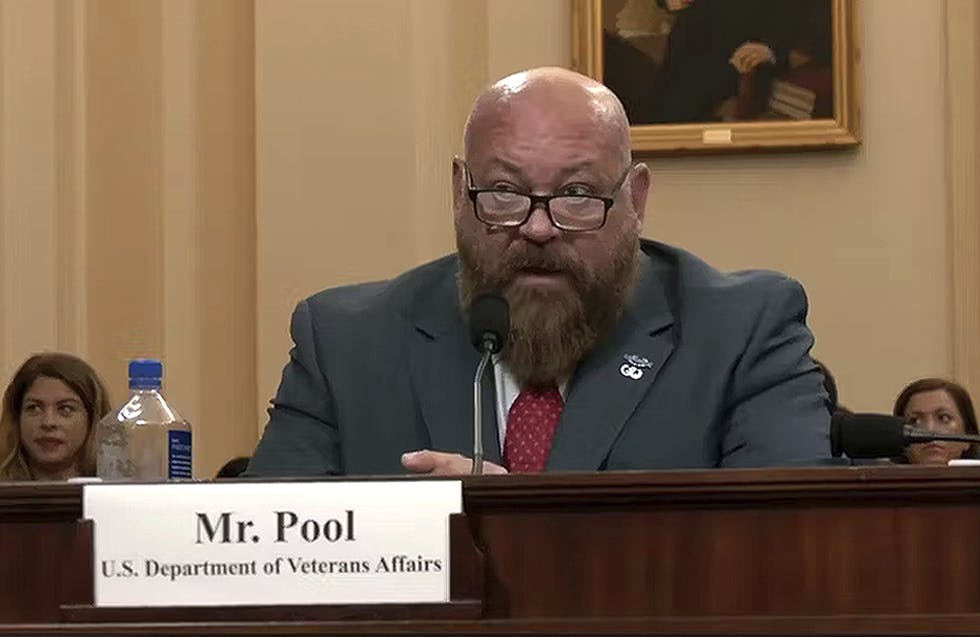
VA CIO Targets Modern IT and Smarter Workforce Alignment
Agency leaders told lawmakers they are focused on trimming legacy systems and restructuring its workforce to streamline operations.
3m read -
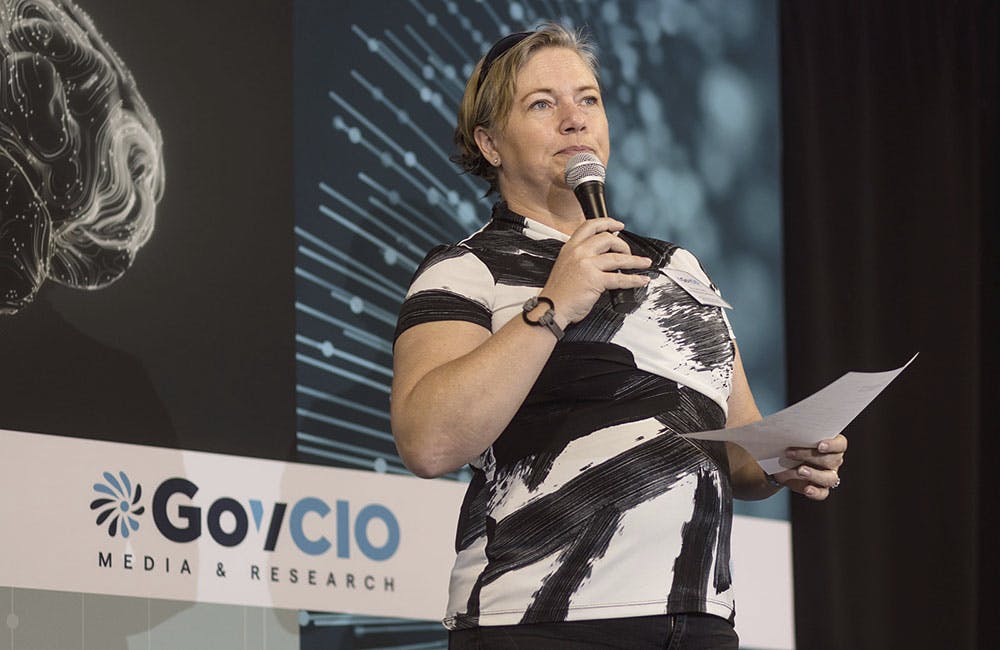
Pentagon's $200M AI Contracts Signal Broader Effort to Transform Talent
The Army is leveraging Silicon Valley, reservist programs and new hiring strategies to integrate critical digital skills in its ranks.
5m read -

AI Foundations Driving Government Efficiency
Federal agencies are modernizing systems, managing risk and building trust to scale responsible AI and drive government efficiency.
43m watch -

Inside DOD’s Push to Grow the Cyber Workforce Through Academia
Diba Hadi gives her first interview since becoming principal director of the DOD’s Cyber Academic Engagement Office.
15m listen -
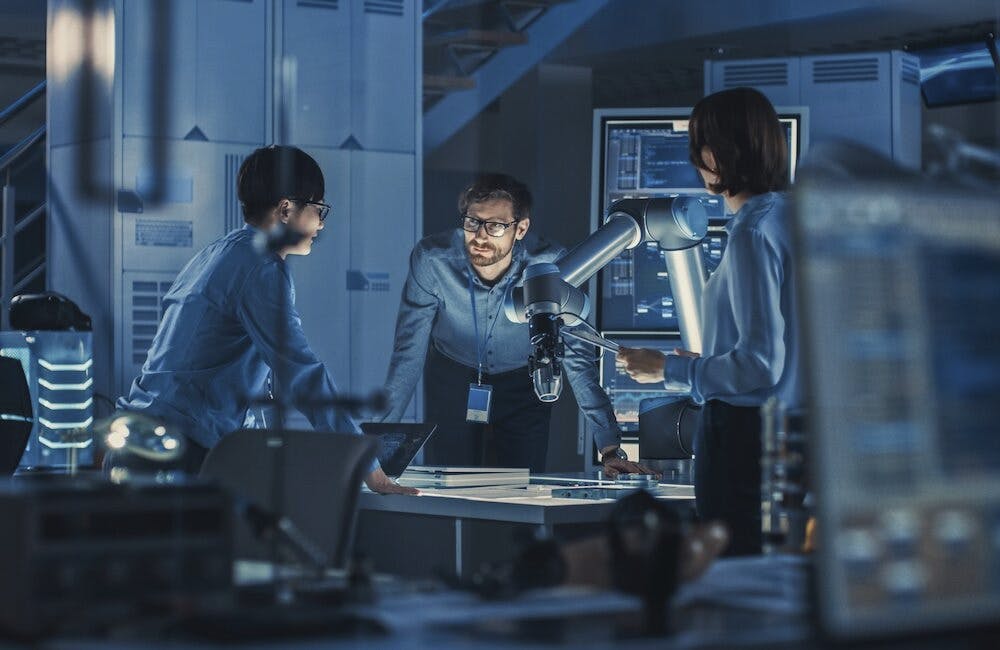
Agencies Tackle Infrastructure Challenges to Drive AI Adoption
Federal agencies are rethinking data strategies and IT modernization to drive mission impact and operational efficiency as new presidential directives guide next steps.
5m read Partner Content -

Generative AI Demands Federal Workforce Readiness, Officials Say
NASA and DOI outline new generative AI use cases and stress that successful AI adoption depends on strong change management.
6m read -

The Next AI Wave Requires Stronger Cyber Defenses, Data Management
IT officials warn of new vulnerabilities posed by AI as agencies continue to leverage the tech to boost operational efficiency.
5m read -
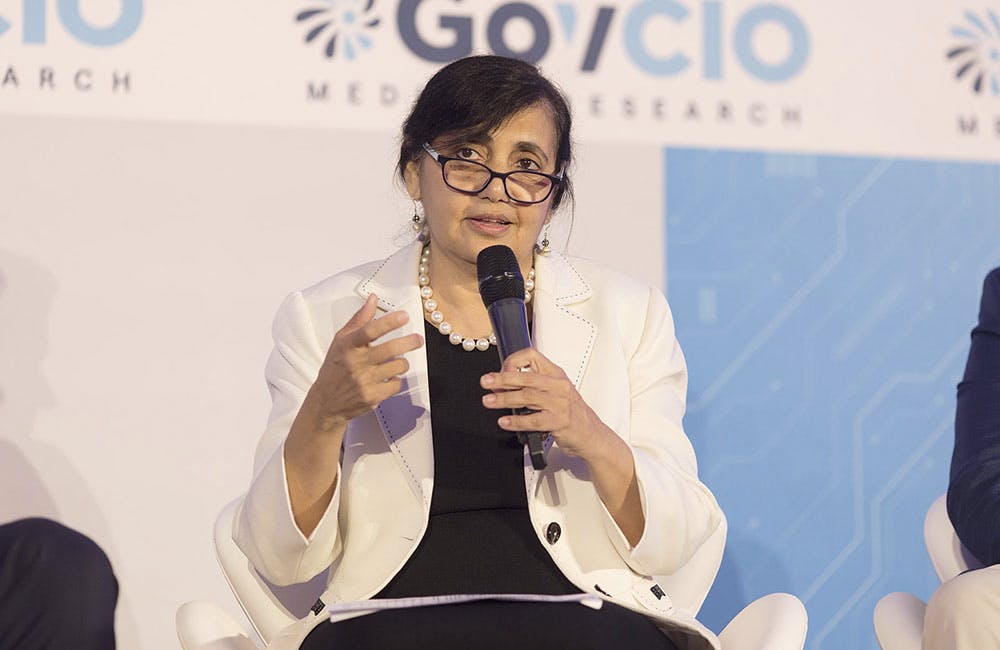
Federal CIOs Push for ROI-Focused Modernization to Advance Mission Goals
CIOs focus on return on investment, data governance and application modernization to drive mission outcomes as agencies adopt new tech tools.
4m read -
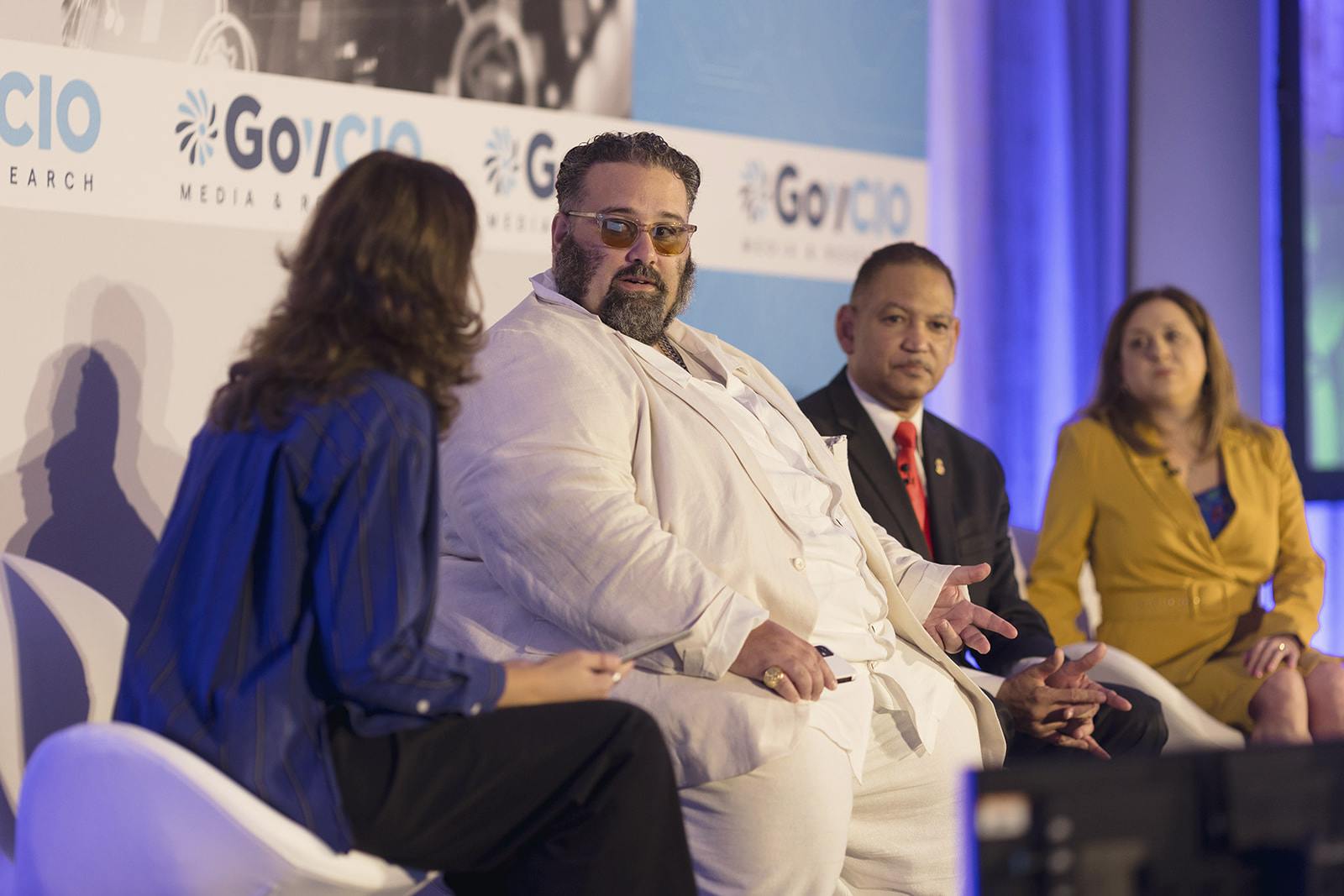
Fed Efficiency Drive Includes Code-Sharing Law, Metahumans
By reusing existing code instead of rewriting it, agencies could dramatically cut costs under the soon-to-be-enacted SHARE IT Act.
5m read -
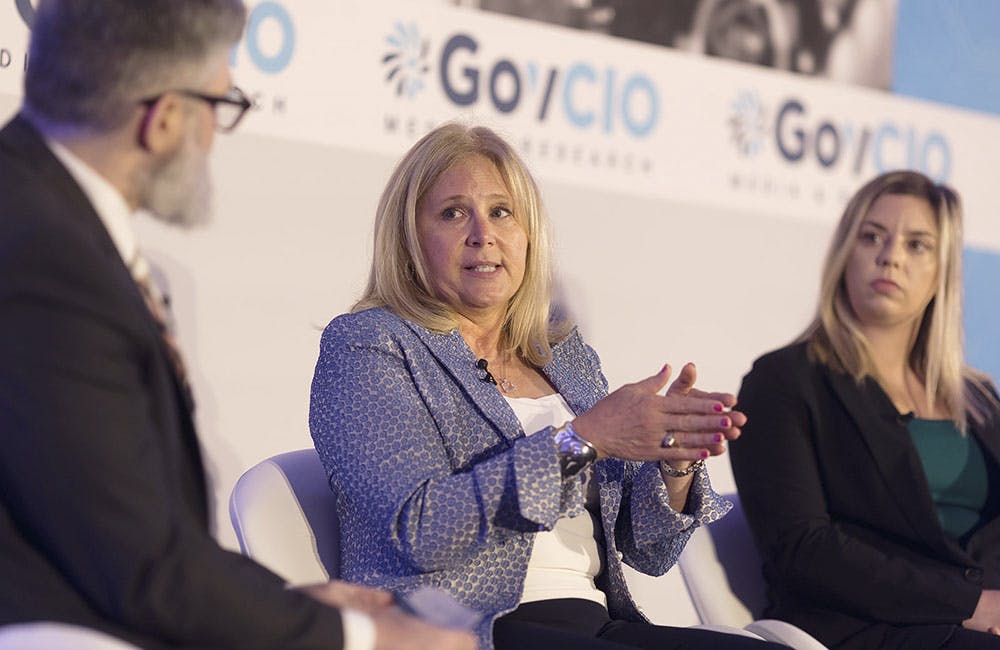
Agencies Push Data-Driven Acquisition Reforms to Boost Efficiency
New initiatives aim to increase visibility of agency spending, improve data quality and create avenues to deploy solutions across government.
5m read -

Data Transparency Essential to Government Reform, Rep. Sessions Says
Co-Chair of the Congressional DOGE Caucus Rep. Pete Sessions calls for data sharing and partnerships to reduce waste and improve efficiency.
5m read -

DOD Turns to Skills-Based Hiring to Build Next-Gen Cyber Workforce
Mark Gorak discusses DOD’s efforts to build a diverse cyber workforce, including skills-based hiring and partnerships with over 480 schools.
20m listen
















